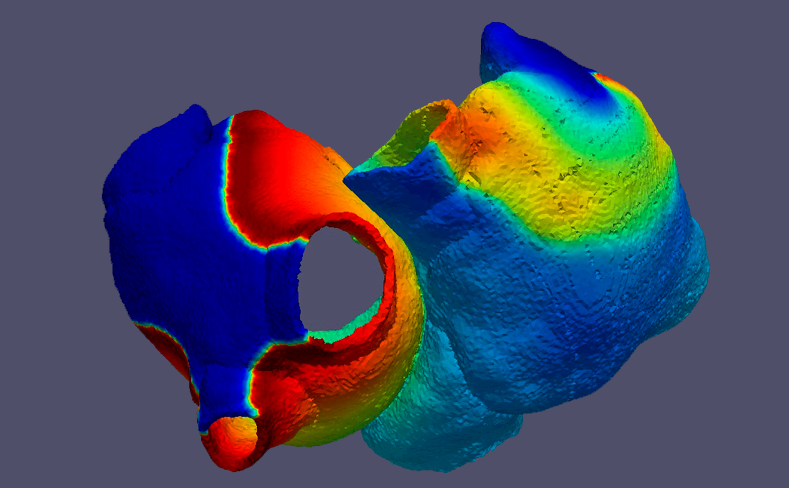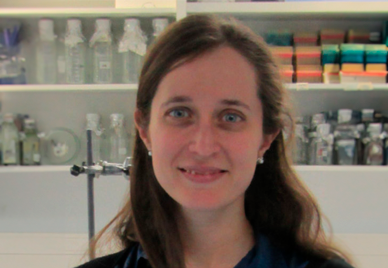ITACA Institute has extensive experience developing solutions for analysing and characterising cardiac behaviour from electrocardiographic signals, both in the scientific field and in support of clinical diagnosis.
In the clinical field, the team works on developing analysis methodologies for non-invasive (standard electrocardiography, vectocardiogram, surface electrical mapping) and invasive (intracavitary recordings, electroanatomical mapping).
In the scientific field, the area specialises in developing systems and analysis packages for isolated heart recordings in Langendorff systems or cell cultures (electrical mapping and/or optical mapping).

This service is oriented to research units in institutes, foundations, hospitals or public or private companies. This unique service is backed by our team of experts who ensure the systems’ precision and reliability, striving to advance our understanding of heart functions and contribute to breakthroughs in cardiovascular medicine. Trust us to deliver state-of-the-art electrophysiological data analysis that enhances research outcomes and improves clinical decision-making.
The quality of the group’s developments is validated by the publications in high-impact factor research journals in which they have been used (Circulation, American Journal of Physiology, Journal of Cardiovascular Electrocardiology, IEEE Transactions on Biomedical Engineering).
Applications
- Cardiovascular Research: To study the electrical activities of isolated hearts, advancing our understanding of heart diseases.
- Development of software for the analysis of electrophysiological signals of cardiac origin.
- Automated characterisation of electrophysiological parameters (QT interval, conduction velocity, refractoriness, dominant frequencies, propagation patterns, etc.).
- Clinical Diagnostics: Assist in diagnosing various cardiac conditions by analyzing electrophysiological data.
- Biomedical Engineering: Develop and optimize medical devices like pacemakers and defibrillators.
- Cell Culture Studies: Study the electrophysiological properties of cultured cells, enhancing our understanding of various cellular processes and disorders.
- Precision Medicine: Inform the development of personalized treatment plans based on detailed electrophysiological data.
- Educational Purposes: Serve as a valuable tool in teaching the fundamentals of heart electrophysiology.



